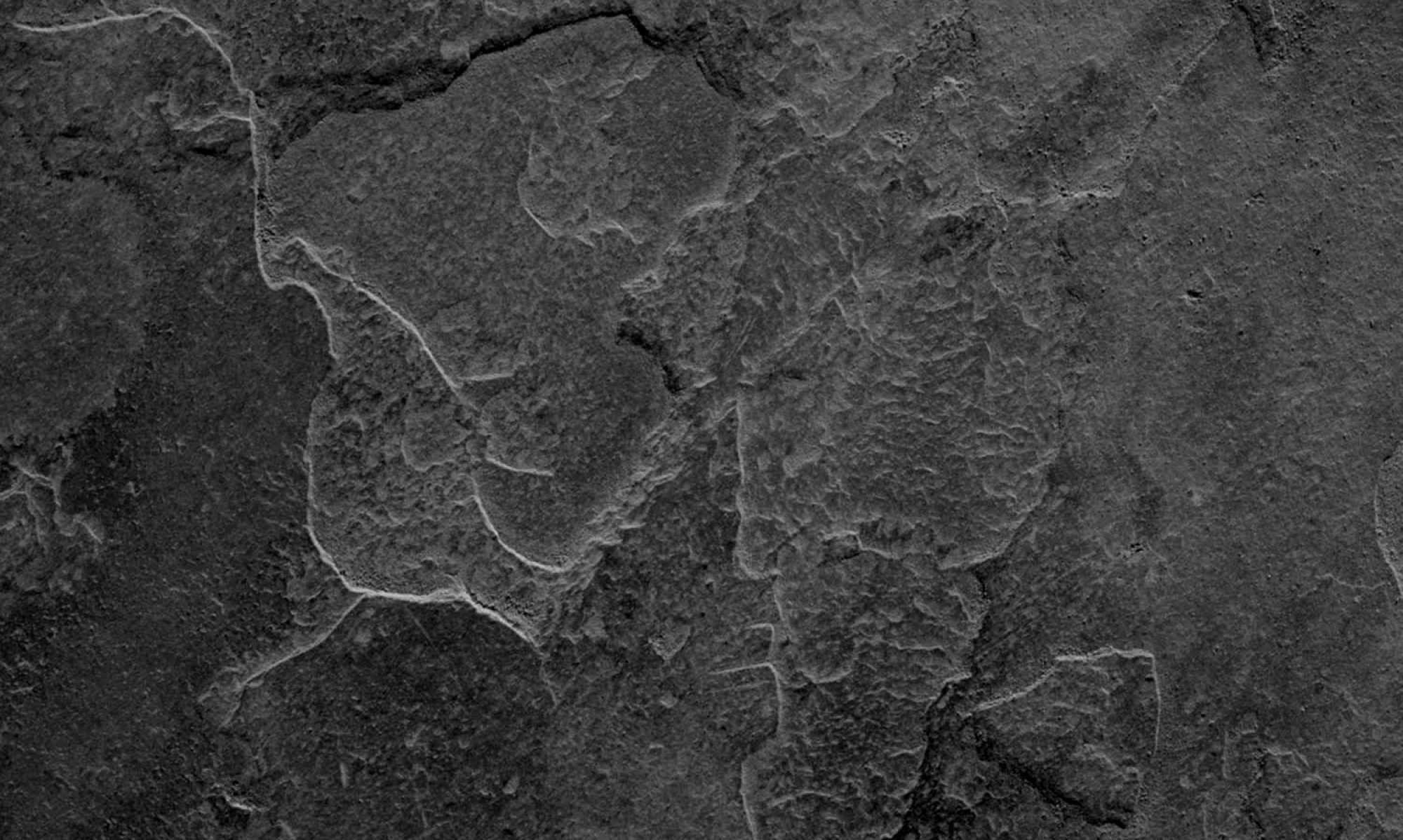I really enjoyed this week’s reading I, Rigoberta Menchú: an Indian woman in Guatemala by Rigoberta Menchú. Although the stories she disclosed were very sad, the testimonio was written in such a way that was very easy to follow along with while still being interesting. The first-person narration and straightforward, conversational nature of the stories/interviews made it feel as though Menchú was personally reciting them.
Throughout the book we learn about her experience as a member of the Quiché community in Guatema, their struggles with the Ladinos as-well as their oppression as third-class citizens under the Guatemalan government. During all of this, she also talks about the generational efforts of the community to preserve their traditions, secrets, and culture from the assimilation efforts from the powerful minority Spanish speaking society.
Among the details of her life, she chooses to disclose some of the teachings of her parents, their work, and few Quiché traditions. While she discloses some of these things, she also refers to certain “secrets” which she doesn’t share. At times she mentions that these secrets are what allow them to preserve their Indian culture and prevent it from being taken away. Their importance to Quiché culture is clear, as she mentions parents make a promise on their children’s behalf to keep the secrets of their people once they are born and pass down their traditions. Without telling us what they are exactly, she leaves the reader to assume. I found that the repeated references to these secrets highlight the resilience of the Quiché community while also being a reminder of the persecution and fear they live under that warrants this need for secrecy to protect themselves. As a reader, their mention definitely kept me interested in that I wondered what they may be referring to or she would open up and eventually let us in on the secrets. Initially I thought it would be their warfare tactics or certain traditions but these are things that she did discuss so I was left quite confused about what these secrets were actually referring to, perhaps more specific details.
It was brought up in lecture that upon investigation, an anthropologist discovered that Menchú may have made up certain things like the burning of her brother and included errors in the story. Finding this out ruined it a little as it brought doubt to her credibility in calling this a testimony. My question for discussion is: how did knowing this detail affect your reading and take away?
